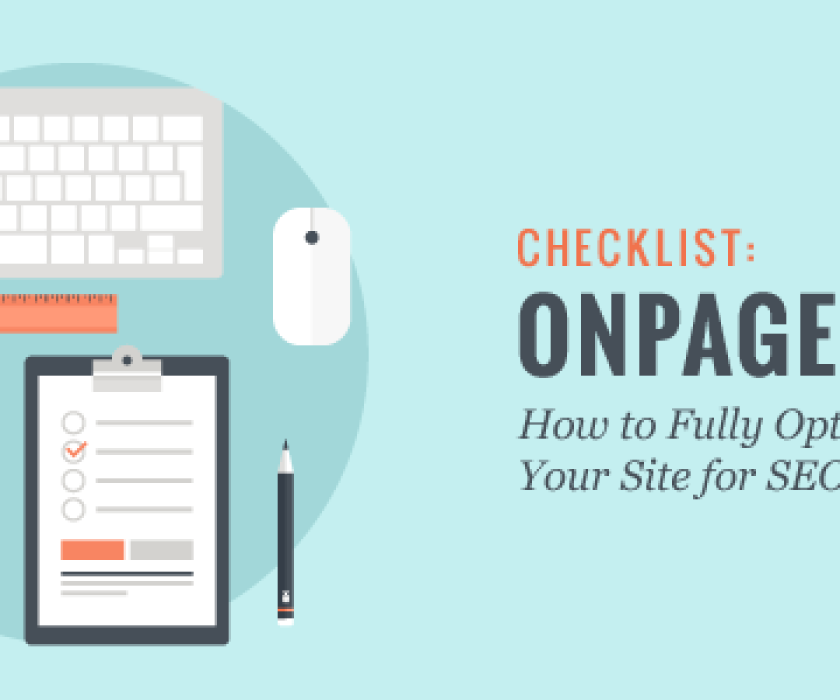Social media is a critical component of online marketing in today’s digital age. It allows businesses to connect with their target audience and build a strong brand presence. However, with the constant changes in social media algorithms, it has become difficult for businesses to get their content seen by their audience. This is when Search Engine Optimization (SEO) plays a part. Optimizing your social media content for search engines can increase your online visibility and reach a wider audience. In this article, we will explore the impact of SEO on social media and how to leverage it to improve your online presence.
Understanding SEO
SEO is the technique of optimizing your website and assisting the content in ranking higher in search engine results pages (SERPs). SEO aims to increase organic traffic to your website, which can lead to higher engagement, conversions, and revenue. The three main components of SEO are on-page optimization, off-page optimization, and technical optimization.
How Social Media Impacts SEO
While social media platforms do not directly impact your website’s search engine rankings, they can indirectly influence it in several ways:
- Social media profiles can appear in search engine results pages, which can drive traffic to your social media pages and, ultimately, to your website.
- Social signals such as likes, shares, and comments can increase your online visibility and improve your search engine rankings.
- Social media can help you build backlinks to your website, which are an important ranking factor for search engines.

Optimizing Your Social Media Profiles for SEO
To optimize your social media profiles for search engines:
- Create a complete profile with accurate and up-to-date information.
- Use relevant keywords in your profile name, bio, and description to make it easier for users to find you.
- Include links to your website and other social media profiles to improve your online visibility and increase traffic to your website.

Creating SEO-Friendly Social Media Content
To create SEO-friendly social media content, you need to conduct keyword research and identify the relevant keywords and key phrases your target audience is searching for. Then, use these keywords in your social media posts, captions, and hashtags to increase your online visibility and improve your search engine rankings. Finally, use high-quality images and videos to make your content more engaging and shareable.
Building Backlinks to Your Website
Backlinks are links set up on other websites that point back to your website. They are an important ranking factor for search engines because they indicate that other websites consider your content to be valuable and relevant. To build backlinks to your website, you should start by creating high-quality content that other websites will want to link to. You can also contact other websites in your industry and ask them to link to your content.
[/et_pb_text][et_pb_text module_class=”faq” _builder_version=”4.20.0″ _module_preset=”default” header_2_font=”|700|||||||” hover_enabled=”0″ global_colors_info=”{}” sticky_enabled=”0″]FAQs
Q1. Does social media directly impact search engine rankings?
A1. No, social media platforms do not directly impact search engine rankings. However, social media can indirectly influence search engine rankings through social signals and backlinks.
Q2. Can optimizing social media profiles for SEO improve search engine rankings?
A2. Yes, optimizing social media profiles for SEO can improve search engine rankings by increasing online visibility and driving traffic to your website.
Q3. How can businesses use social media to improve their search engine rankings?
A3. Businesses can use social media to improve their search engine rankings by creating SEO-friendly content, optimizing their social media profiles for SEO, and building backlinks to their website.
Q4. Why is it important to engage with followers on social media?
A4. Engaging with followers on social media helps build a loyal community around your brand, fosters relationships with your audience, and improves customer service. It also humanizes your brand and makes it more relatable to your audience.
Q5. How can I encourage engagement on social media?
A5. You can encourage engagement on social media by asking questions, conducting polls, sharing user-generated content, and responding promptly to comments and messages.
Q6. How can I respond to negative comments on social media?
A6. When responding to negative comments on social media, it’s important to remain calm and professional. Acknowledge the person’s concern, offer a solution, and avoid getting defensive or argumentative.
Q7. How often should I engage with my followers on social media?
A7. There’s no hard and fast rule for how often you should engage with your followers on social media, but it’s important to be consistent and responsive. Aim to respond to comments and messages within a reasonable timeframe and regularly post content to keep your followers engaged.
Q8. Can engaging with followers on social media help improve my brand’s reputation?
A8. Yes, engaging with followers on social media can help improve your brand’s reputation by demonstrating that you value your customers and are committed to providing excellent customer service. It can also help you address any concerns or issues before they escalate.
[/et_pb_text][/et_pb_column][/et_pb_row][/et_pb_section]




